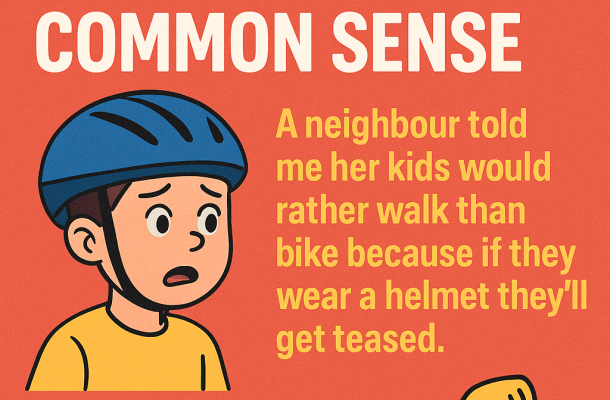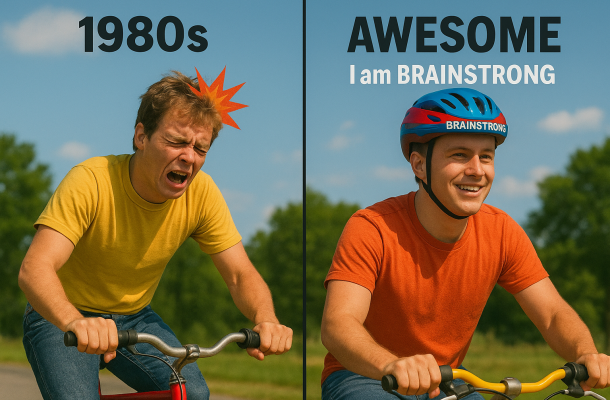Why Some People Say the Wrong Thing After a Brain Injury—And Why That Doesn’t Mean They’re Rude
Let’s be honest—sometimes people say things that make you stop and think, “Wait, did they really just say that?” If it’s someone living with a brain injury, the words might come out a little too blunt, too fast, or just not quite what they meant. But here’s the thing: it’s not about rudeness. It’s not about being thoughtless. It’s about something deeper that most people don’t see—something called impulse control and word retrieval issues. And understanding this can change everything.
After a brain injury, especially one that’s not visible to the outside world, the way the brain processes and delivers speech can be affected in ways that are subtle but powerful. Words don’t always line up neatly in the mind like they used to. Sometimes a person knows what they want to say, but their brain grabs the wrong word—or grabs it too late. Other times, the mental filter that normally says, “Maybe don’t say that right now,” gets dialed way down or disappears altogether.
Think of it like this: imagine typing a message on your phone with autocorrect turned off, your eyes closed, and a timer counting down from three. That’s how it can feel trying to communicate with a brain that’s still healing. There’s pressure. There’s fatigue. There’s frustration. And sometimes what comes out isn’t what was intended.
But here’s the good news: just because someone with a brain injury says something unexpected doesn’t mean they don’t care. In fact, many people are deeply aware of these changes and feel embarrassed or upset when they realize they’ve said something wrong. They often replay conversations in their head afterward, wishing they could go back and fix what came out. What might sound like a rude comment might actually be an accidental misfire—a symptom, not a personality flaw.
Impulse control is another big piece of this puzzle. A healthy brain has an internal “brake pedal” that lets you pause before speaking, helping you think through your words. After a brain injury, that brake might be slow, broken, or missing. That can lead to comments that are more blunt than intended—or things being said out loud that were meant to stay in the brain’s private “thinking zone.”
It’s easy to misunderstand these moments if you don’t know what’s going on. That’s why awareness is so important. We don’t judge someone for limping after a leg injury, or for using a cane to walk. In the same way, we shouldn’t judge someone for a verbal slip when their brain is still in recovery mode.
The solution isn’t to silence or avoid people with brain injuries—it’s to offer them understanding, patience, and a little grace. If someone says something odd, try asking, “Is that what you meant to say?” Or just gently steer the conversation back on track. A little compassion can go a long way.
What’s truly remarkable is that despite these challenges, many people with brain injuries continue to show up, speak up, and engage with the world. That takes courage. It takes effort. And it deserves respect.
So the next time someone says something that sounds out of place, take a breath before reacting. Maybe they’re not being rude at all. Maybe their brain just took a detour on the way to the right words. Maybe what they meant to say was thoughtful and kind—but their brain got the wires crossed.
And maybe, just maybe, the best response isn’t judgment—but empathy.
Because behind the awkward comment or the mistimed remark, there’s a human being doing their best with what they’ve got—and that’s something worth celebrating.
This site uses Akismet to reduce spam. Learn how your comment data is processed.



Leave a Reply